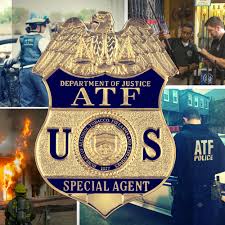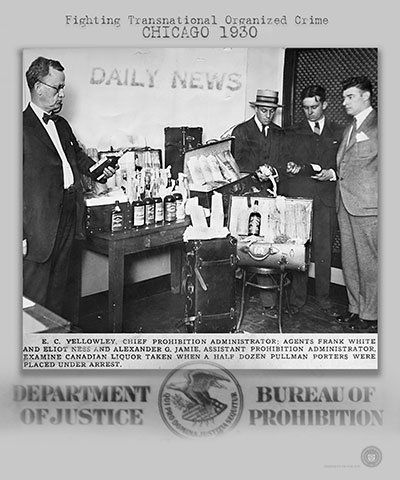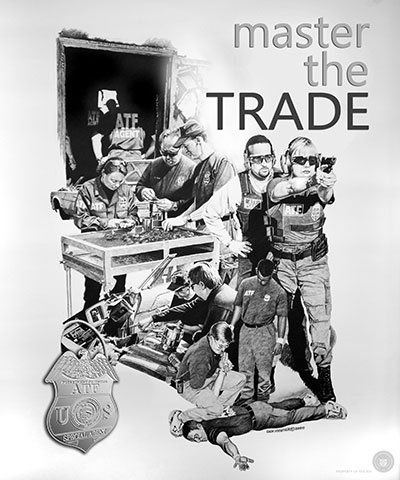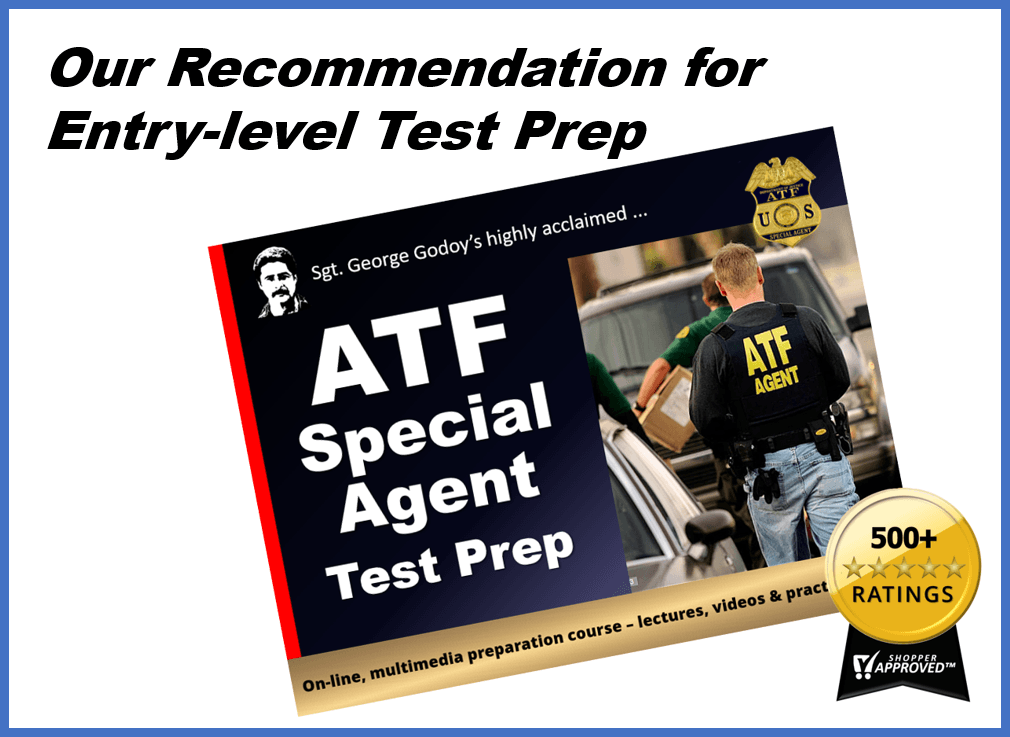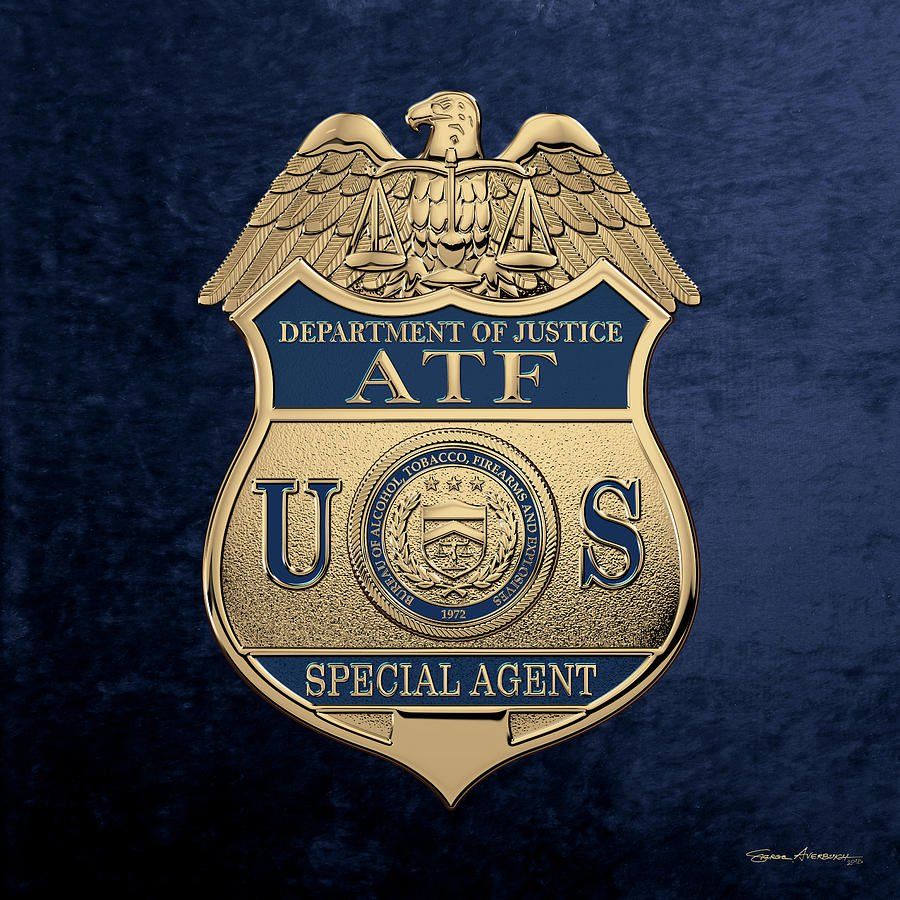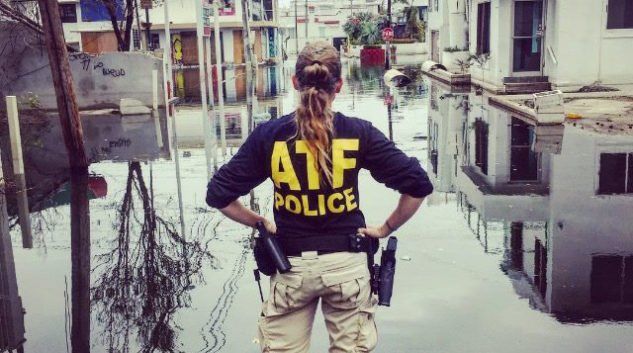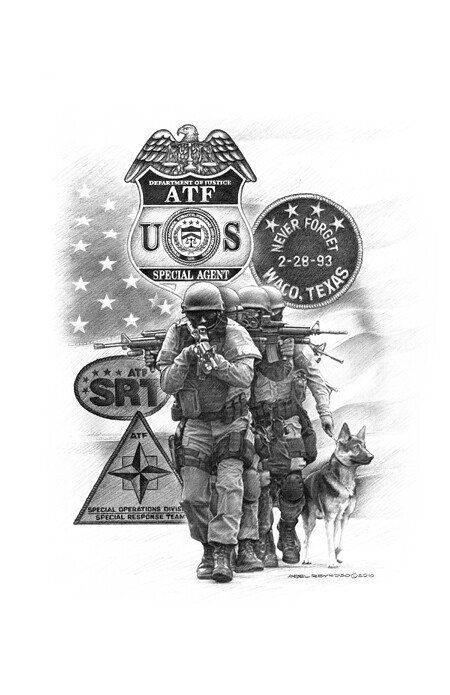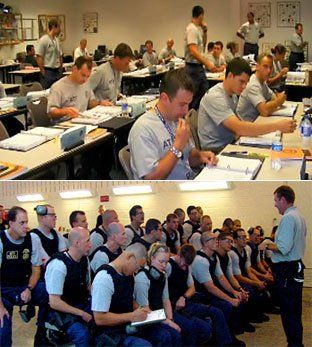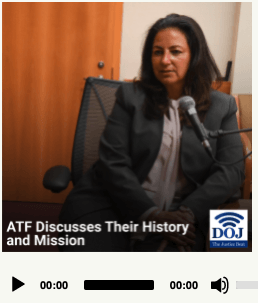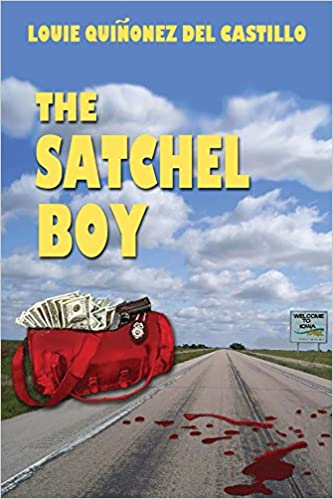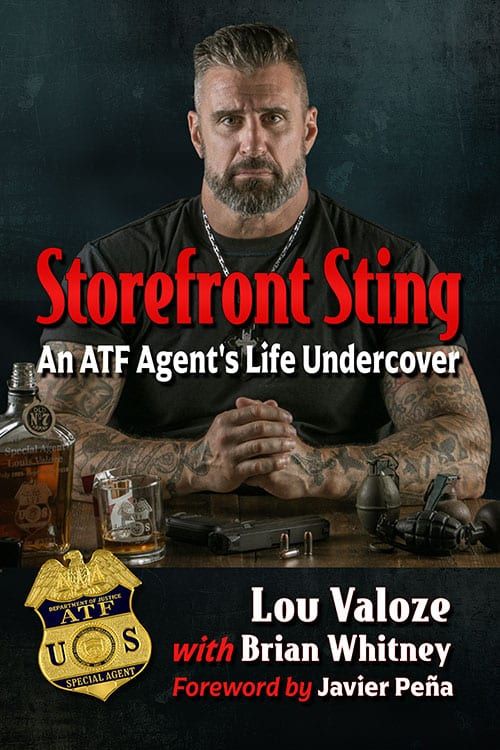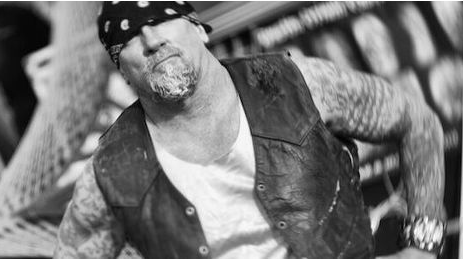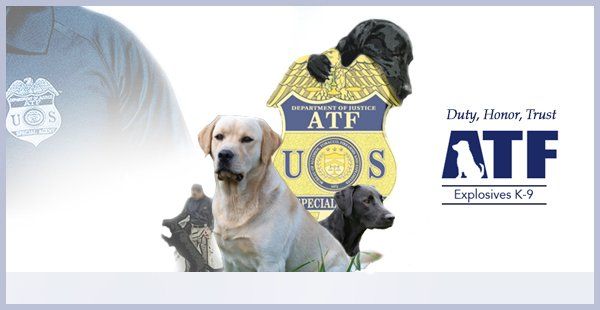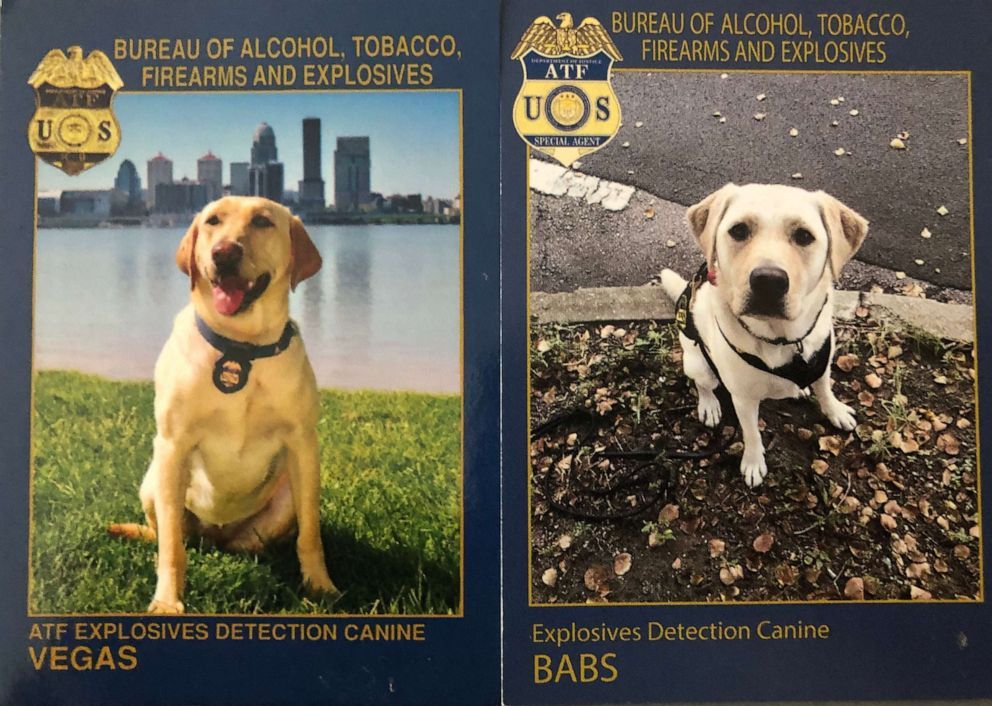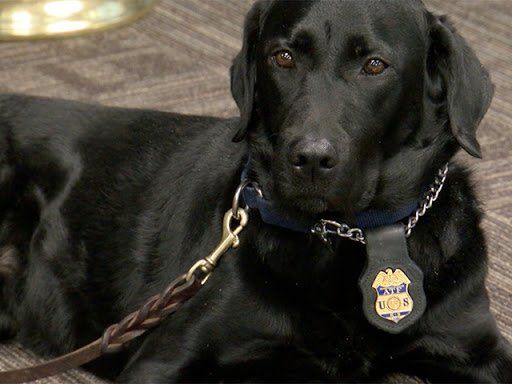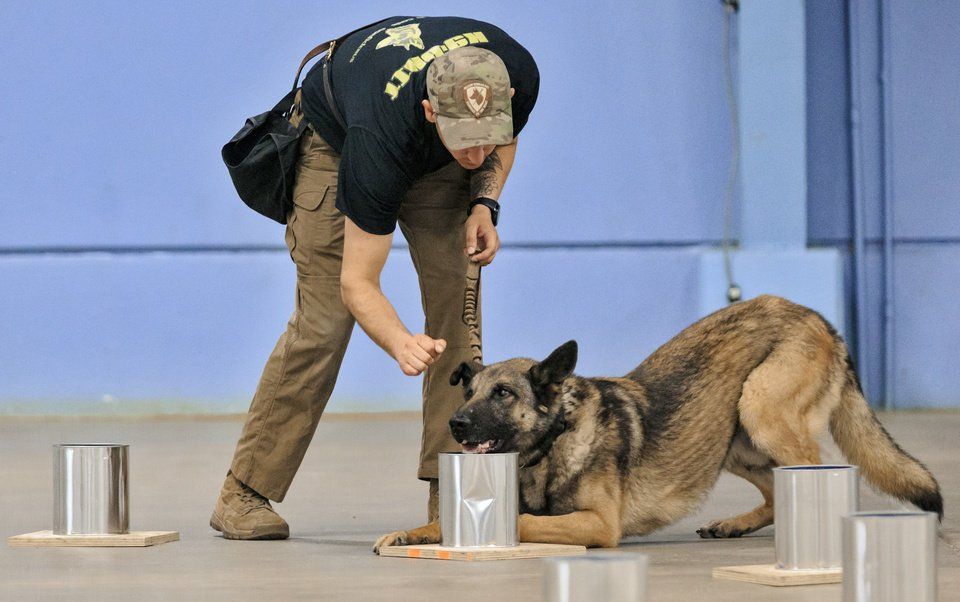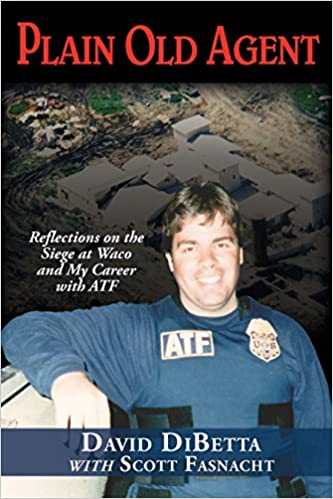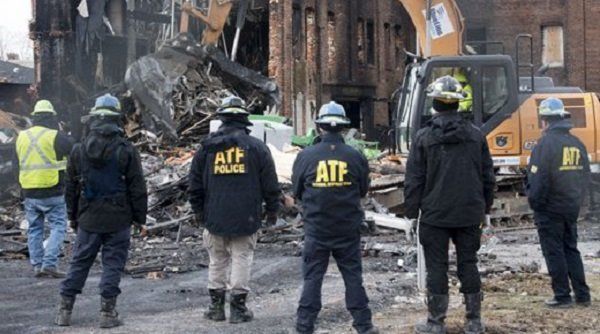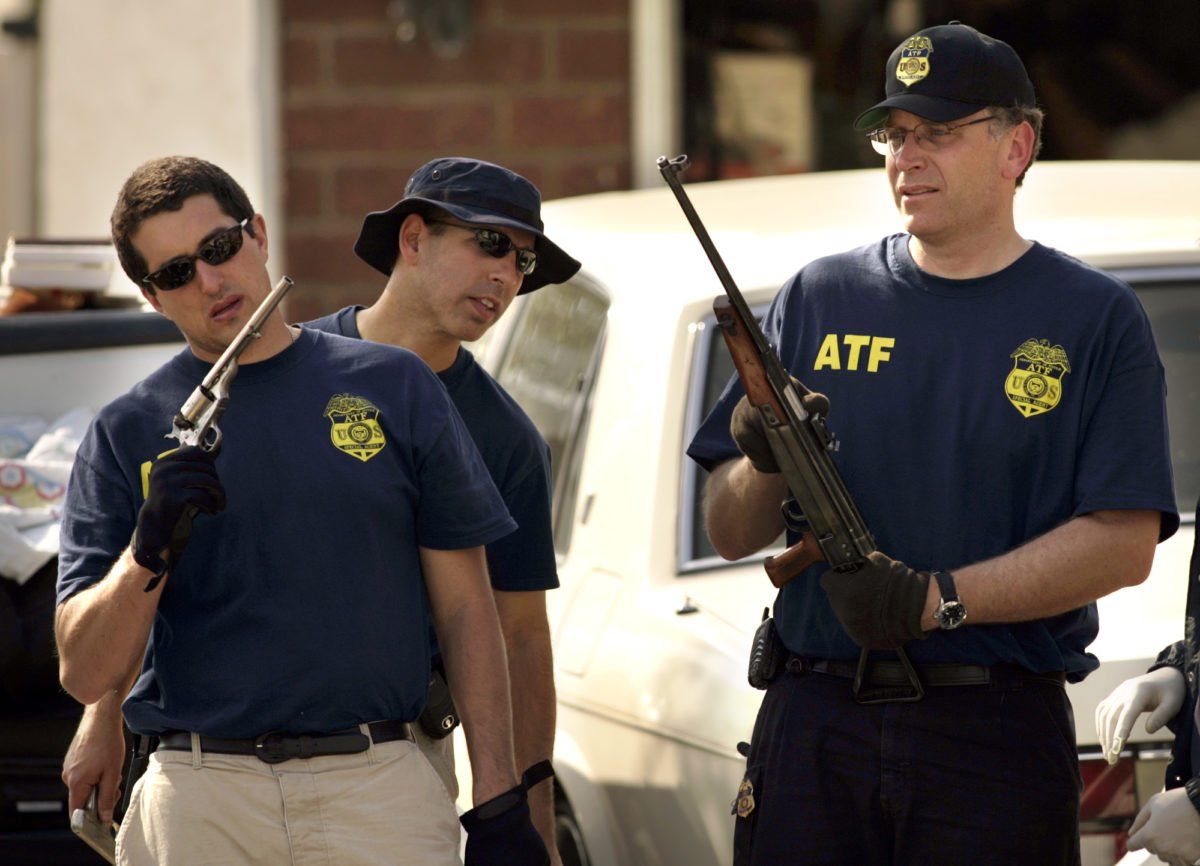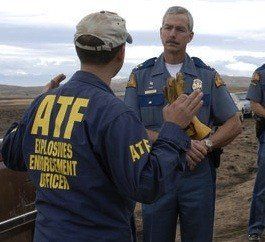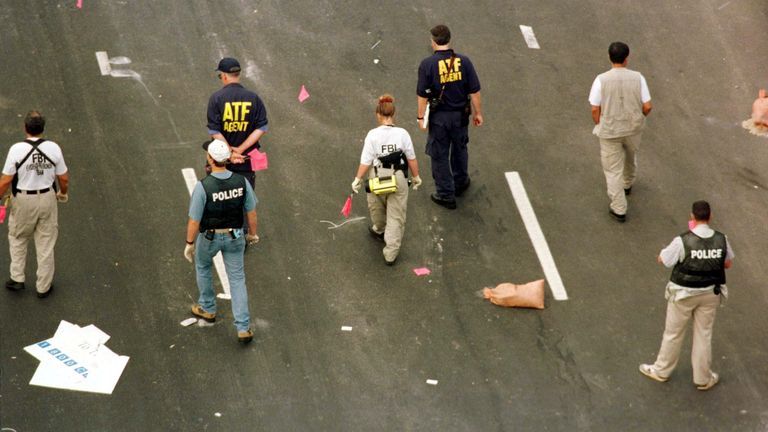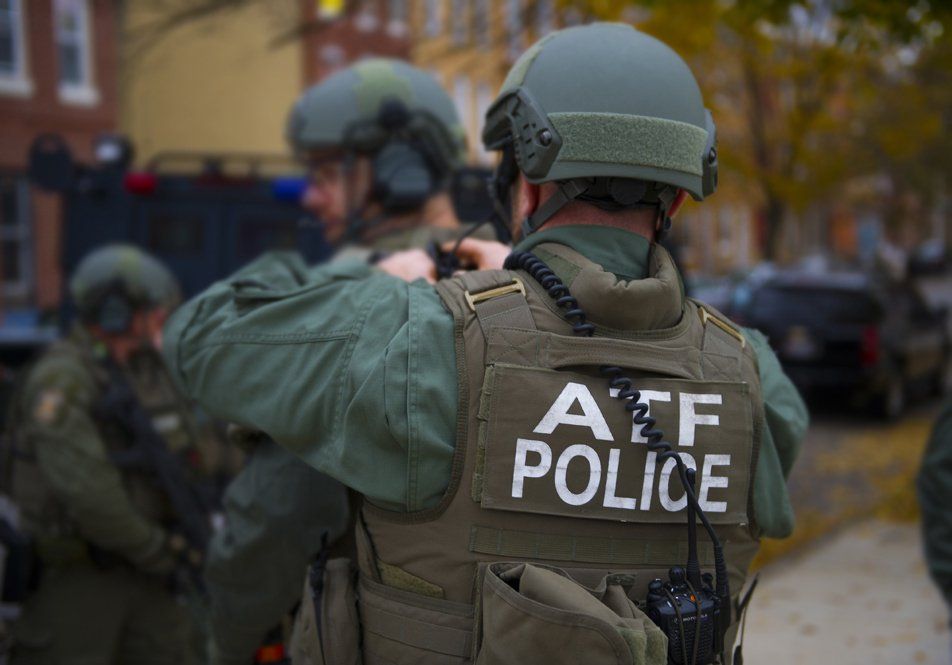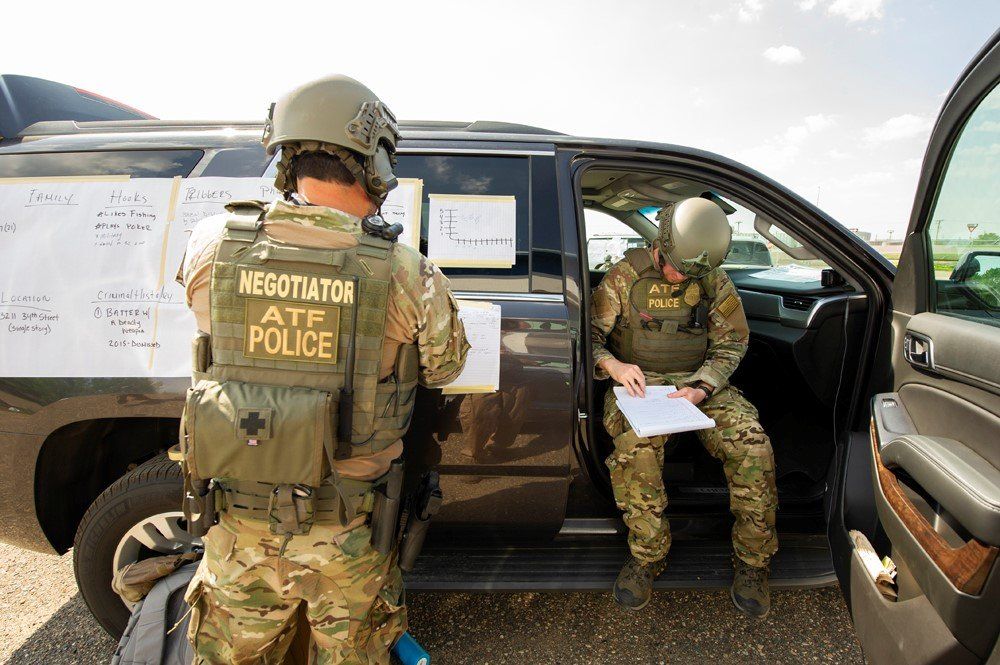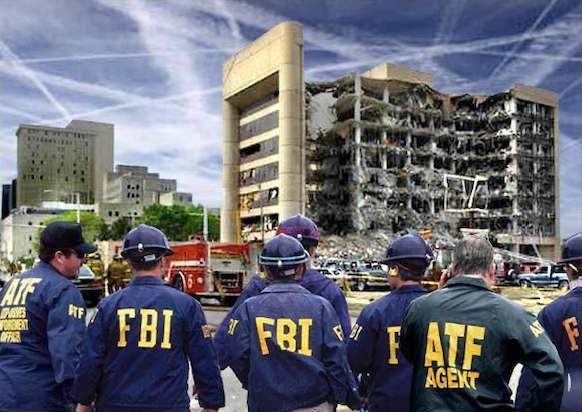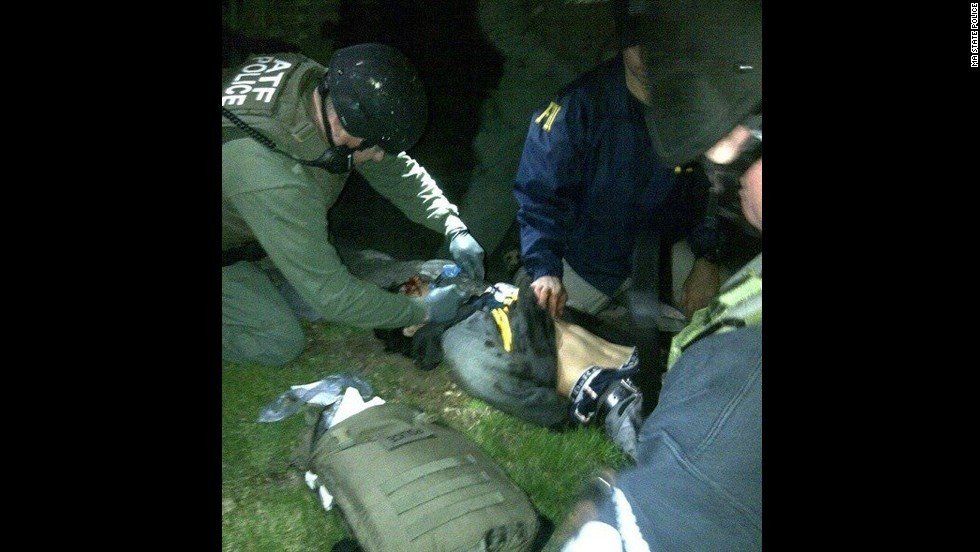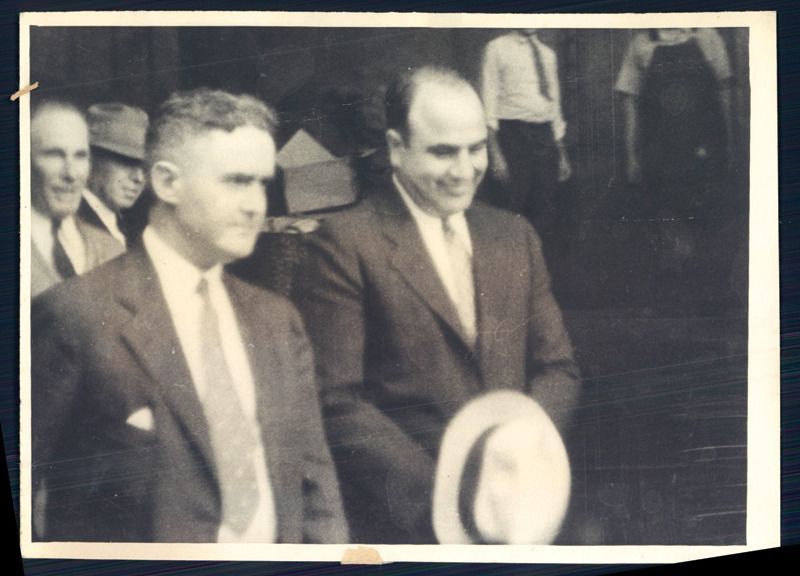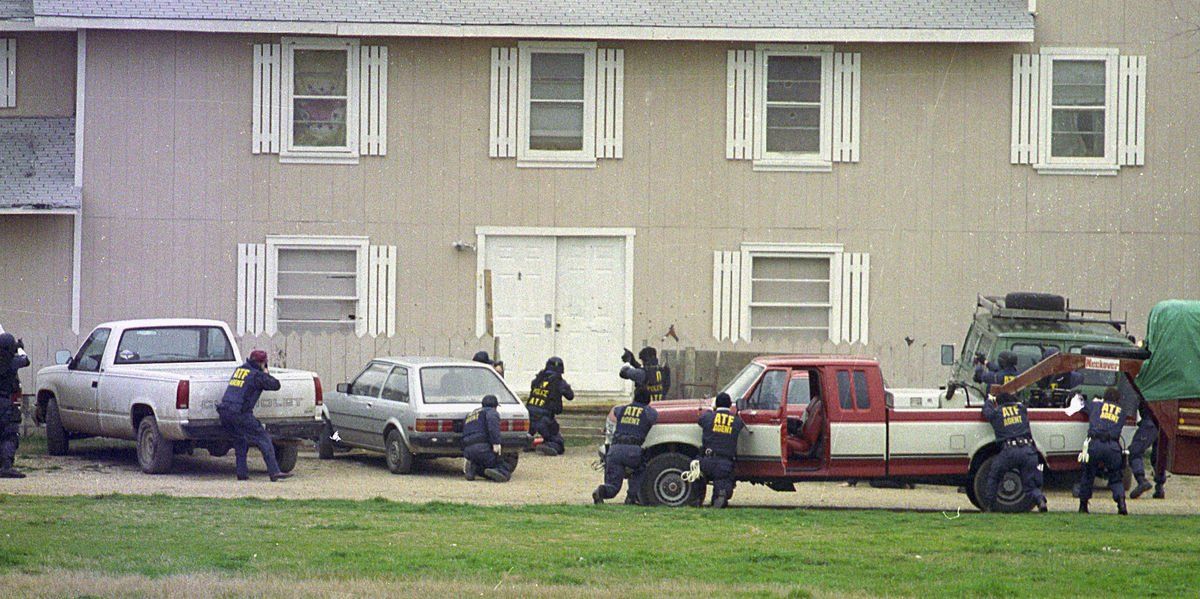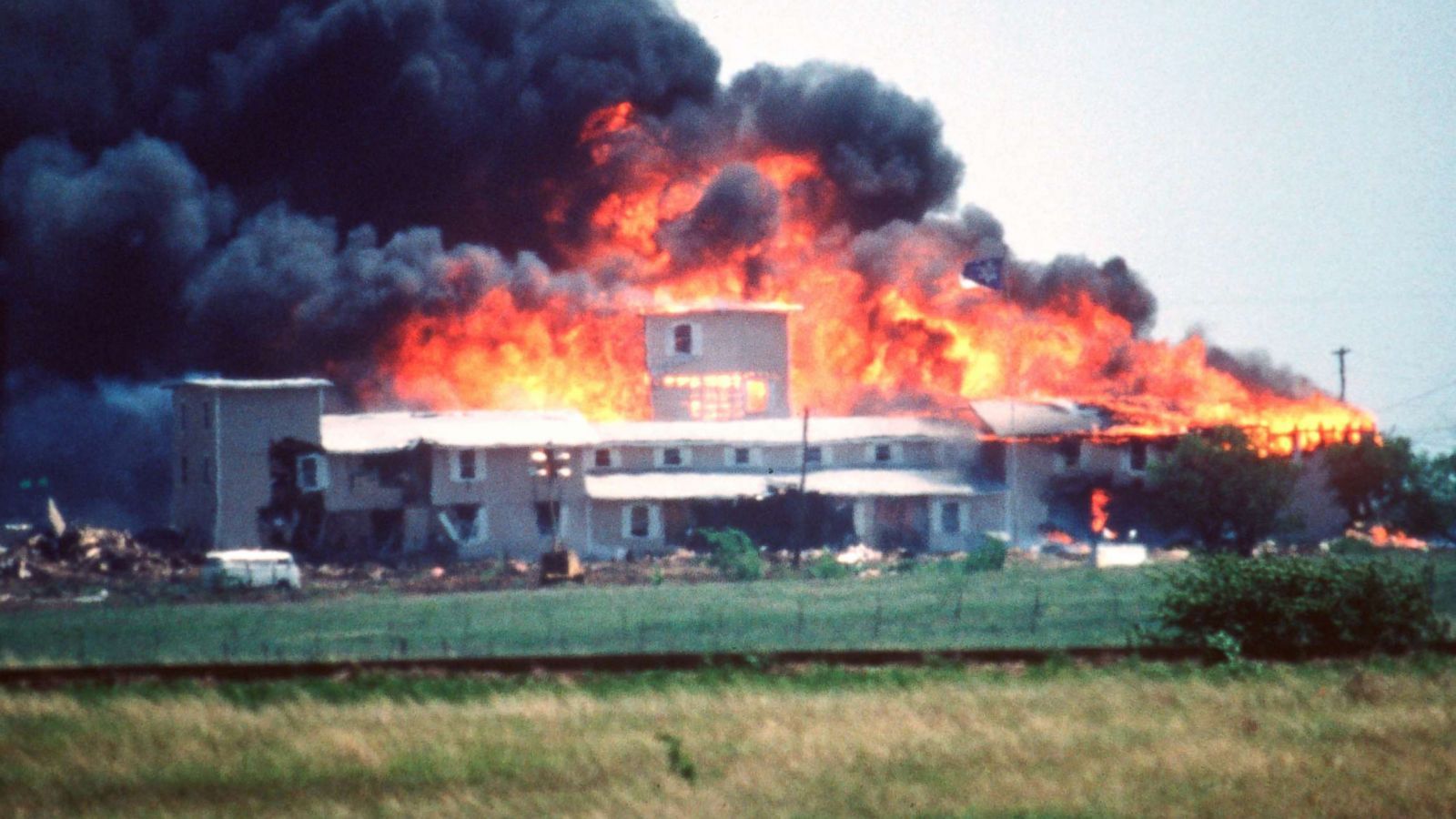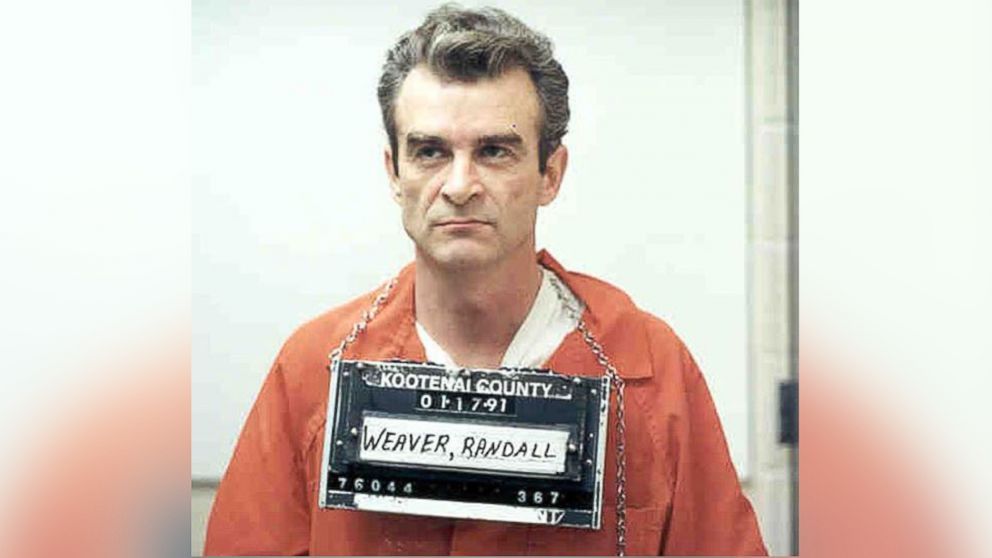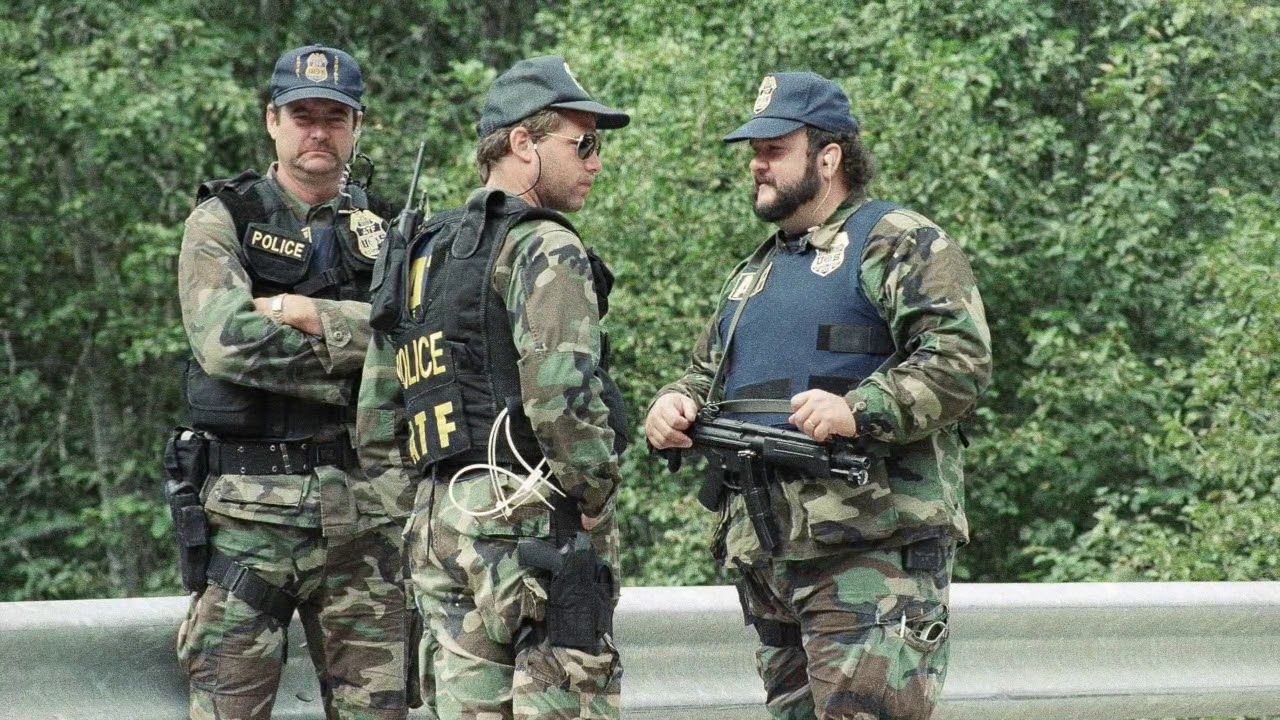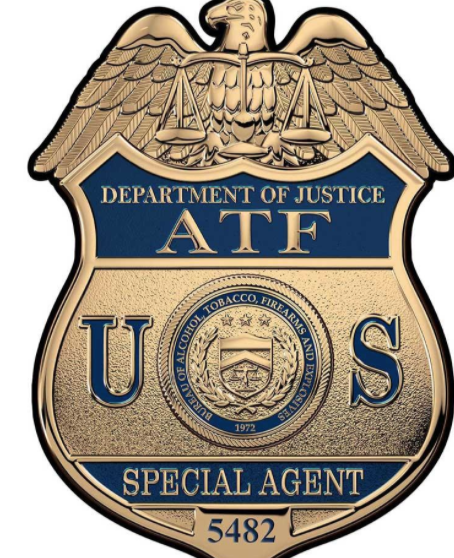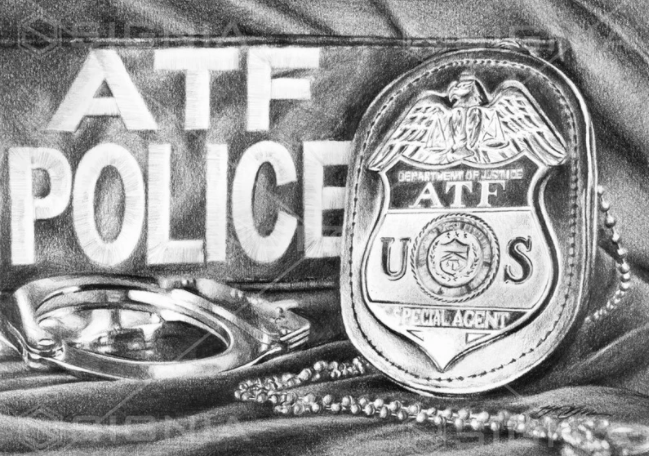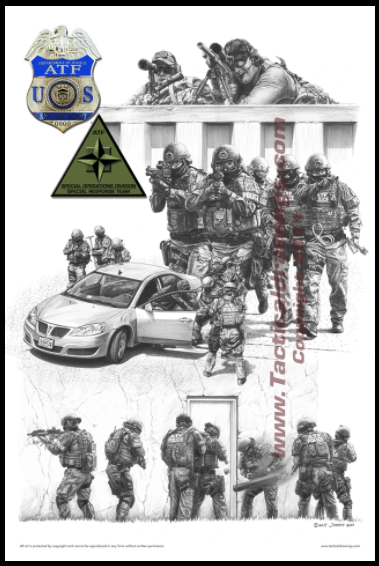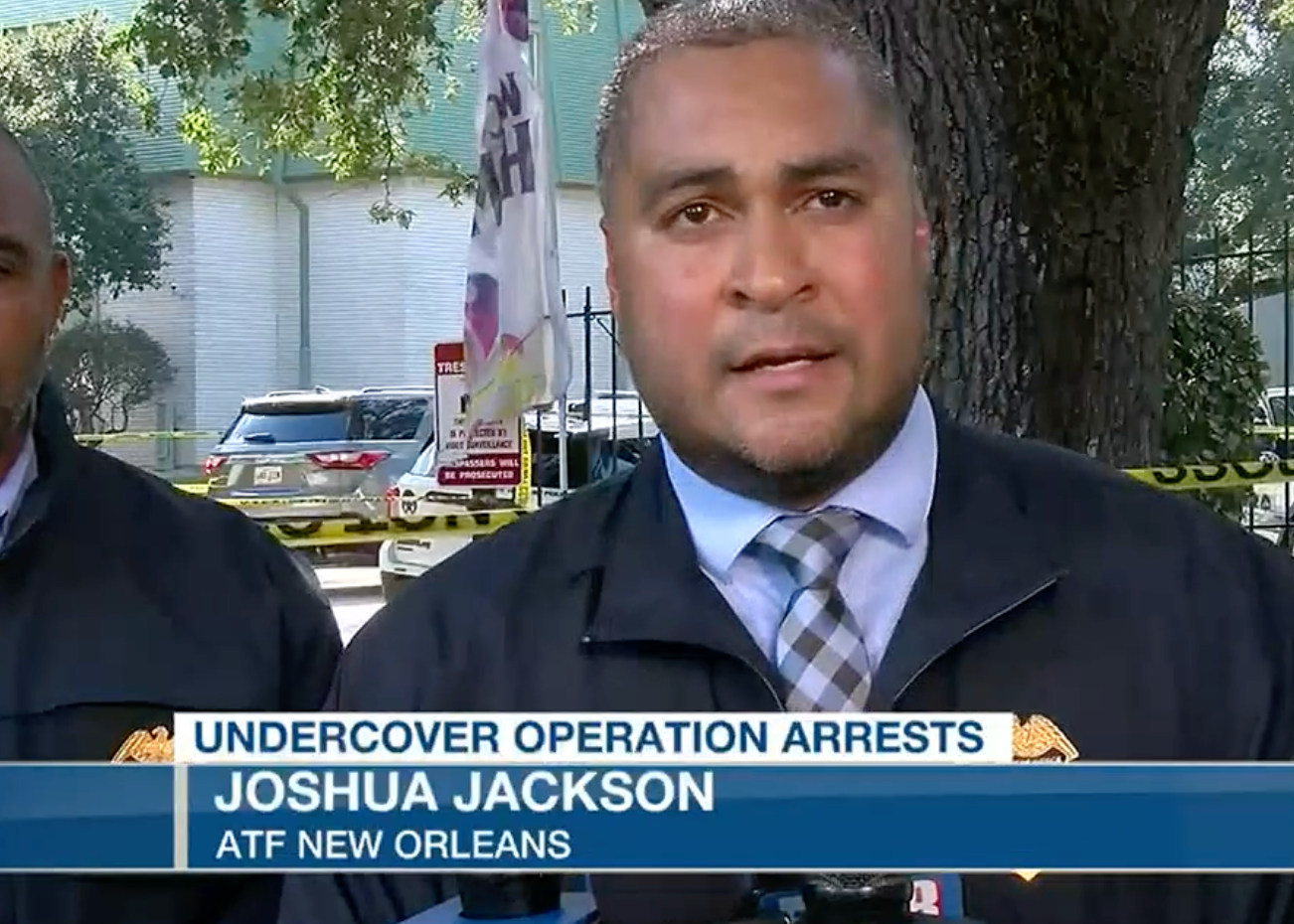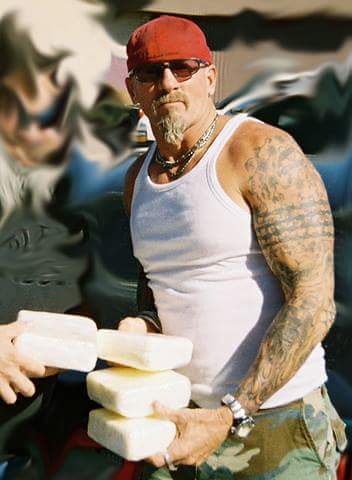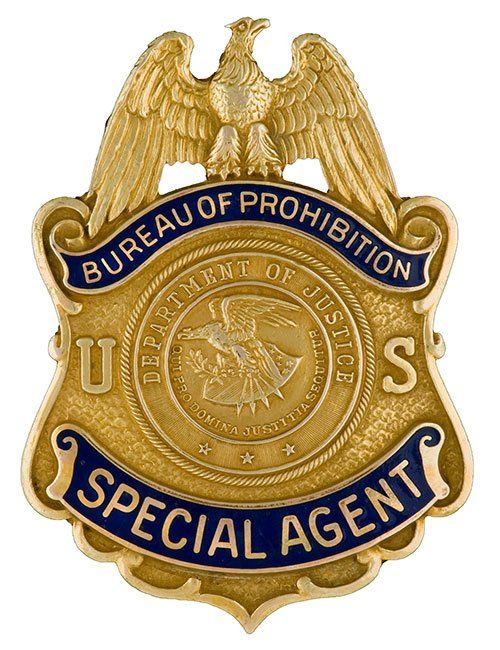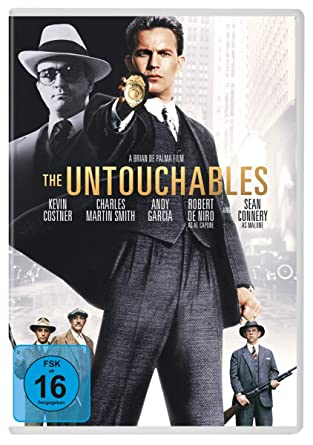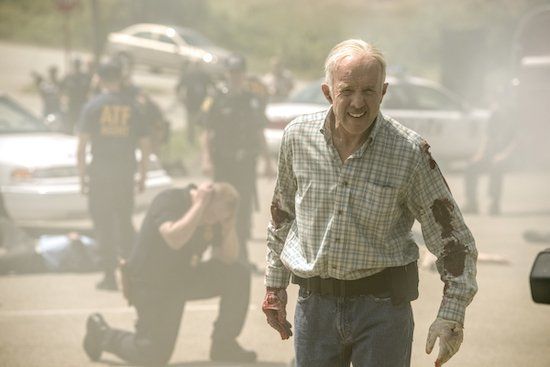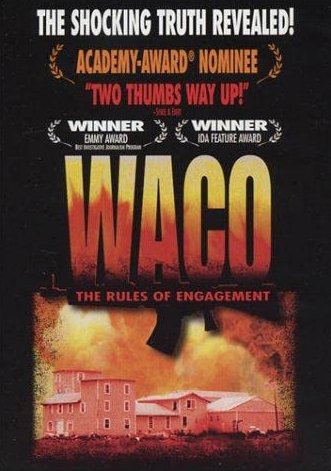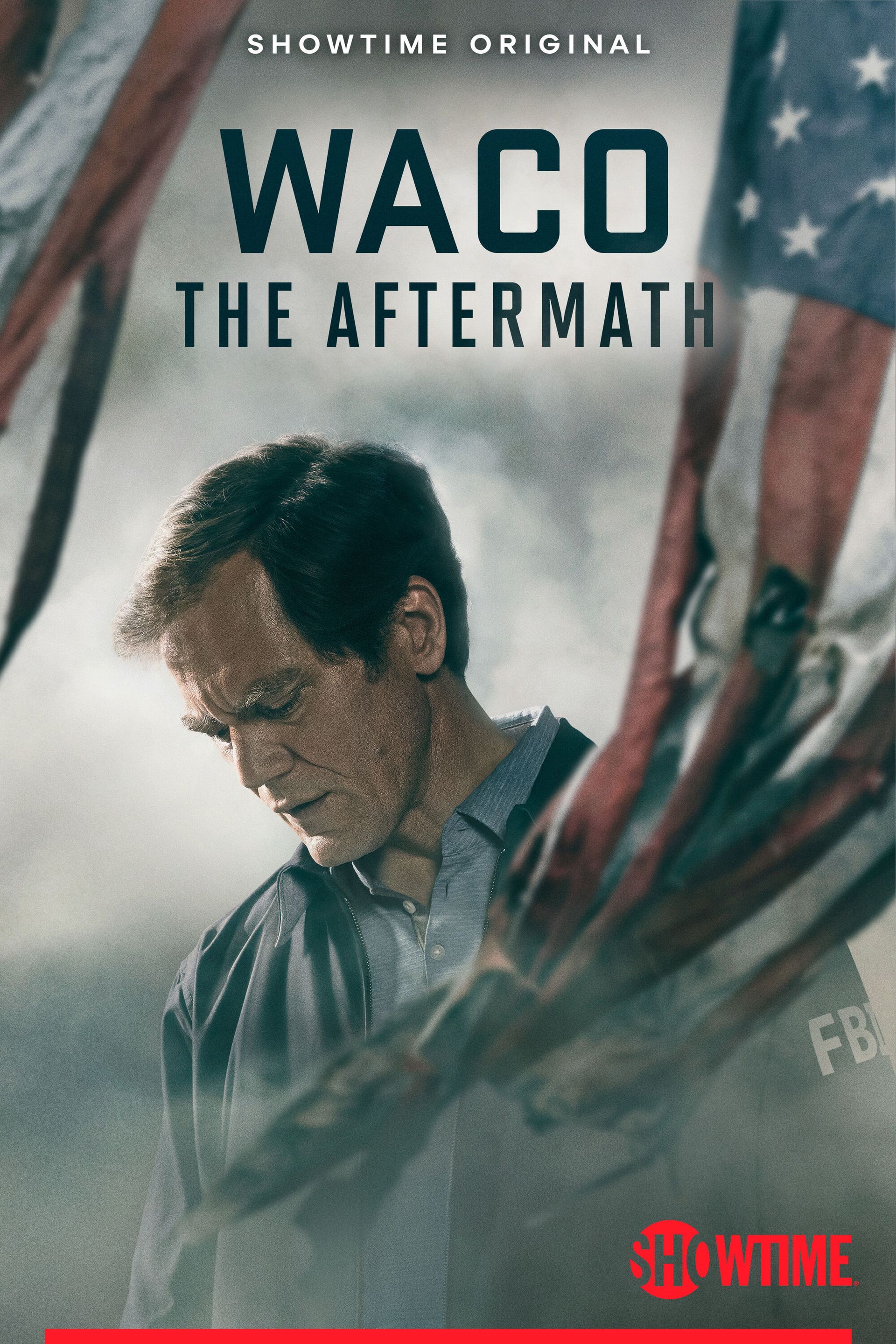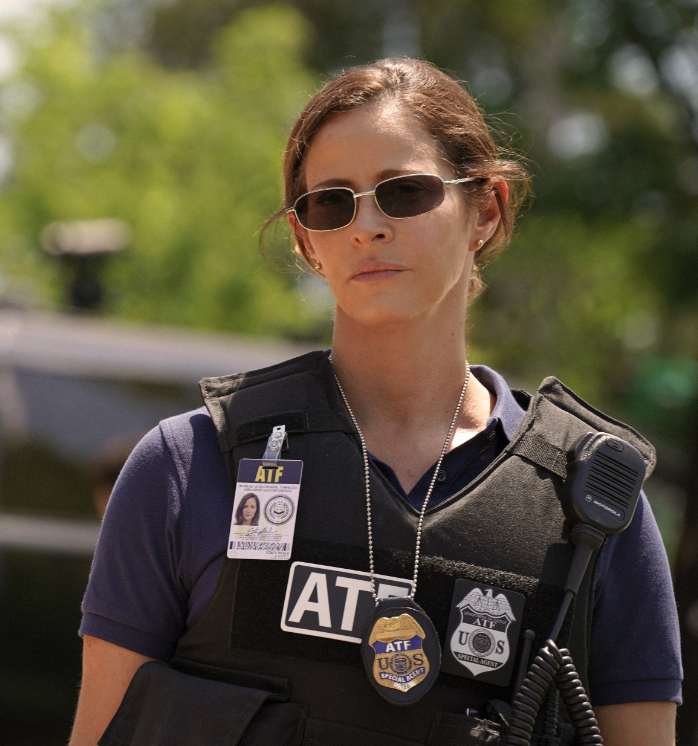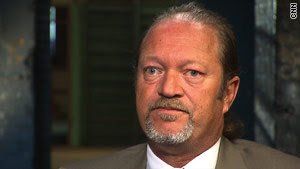Bureau of Alcohol, Tobacco,
Firearms & Explosives
The mission of ATF is to protect communities from violent criminals, criminal organizations, the illegal use and trafficking of firearms, the illegal use and storage of explosives, acts of arson and bombings, acts of terrorism, and the illegal diversion of alcohol and tobacco products.
About ATF
ATF has primary responsibility for investigating violations of federal law relating to firearms, explosives, arson, and alcohol/tobacco diversion. With approximately 2,600 special agents, ATF operates 25 field divisions throughout the United States and has overseas attache offices in approximately half dozen countries.
ATF has a fascinating & proud history that dates back to 1791 with the U.S. department of the Treasury. It soon battled organized crime during the prohibition era when it was re-branded as the Bureau of Internal Revenue in 1920. It later underwent several organizational changes until the passage of the Gun Control Act of 1968, when it was finally named the ATF. Post 9/11, ATF was transferred to the Department of Justice. Additional information concerning the history of the ATF can be found in this detailed article:
The modern day ATF is a premier agency within the Department of Justice and their criminal investigators are subject matter experts when it comes to firearms and explosives. New special agents can expect to be involved in apprehending some of most dangerous felons in the U.S. The ATF 2017-2022 Strategic Plan offers unique insight into this agency & is an encouraged read.
Proper test preparation is among the *most* important steps that applicants need to take if they are seriously considering a career with the ATF. After careful research and review, I have selected one of the best and most highly reviewed courses available on the market. READ MY TEST PREP BLOG
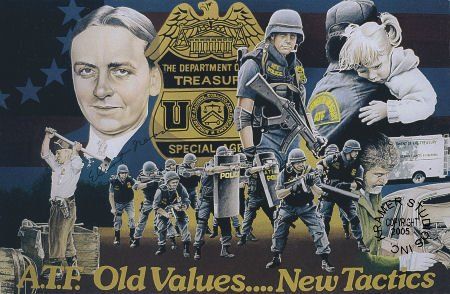
ATF Overview
ATF has unmatched capabilities concerning arson and firearms investigations ( Frankly, no other agency comes close). ATF special agents also focus on violent criminals and routinely conduct street-level undercover operations.
Straight Talk ATF
New ATF special agents should expect tough street-level investigations with violent criminals. ATF is a proud agency with limited staff (2,600+ special agents) & resources. Additionally, given its firearms related mission, ATF's budget, personnel & leadership are constantly under political attack. Learn More-Line of Fire
ATF Special Agent Minimum Requirements
- Be U.S. Citizens
- Possess a current and valid automobile operator's license.
- Complete the ATF special agent applicant questionnaire.
- Take and pass the ATF special agent exam.
- Take and pass the ATF special agent applicant assessment test.
- Take and pass the ATF Pre-employment Physical Task Test.
- Appear for and successfully complete a field panel interview. A writing sample will be required.
- Be in compliance with ATF's drug policy for special agent applicants.
- Take and pass a medical examination by an authorized Government physician and meet medical requirements. Medical requirements include: Applicants must be able to perform physically strenuous duties safely.
Weight must be in proportion to height.
Take and pass a drug test.
- Take and successfully complete a polygraph examination.
- Successfully complete a background investigation for a Top Secret security clearance.
To be eligible for Federal employment, male applicants born after December 31, 1959, must certify at the time of appointment that they have registered with the Selective Service System, or are exempt from having to do so under Selective Service law.
Applicants must be at least 21 years of age and not older than 36 at the time of appointment. In accordance with Public Law 100-238, this position is covered under law enforcement retirement provisions; therefore, candidates must be appointed before reaching their 37th birthday unless they are a preference eligible veteran OR presently serve or have previously served in a Federal civilian law enforcement retirement-covered position.
Applicants MUST Start with
Local ATF Recruiter
Applicants considering ATF should start by contacting their local recruiter, who is usually a Special Agent. Similar to the DEA and FBI process, this local ATF recruiting coordinator will be the primary point of contact throughout the application process.
This local recruiter will solicit the applicants resume, begin the vetting process and likely schedule an orientation.
All serious ATF Special Agent candidates should read my Special Agent Test Prep Blog and determine how to best prepare for the mandatory entry exam.
Upon completion of process, the best qualified are selected to attend the academy. In general, ATF appears to highly value prior law enforcement & military experience.
ATF Internship Program
ATF maintains a paid student internship program and entry level career opportunities for students. Applicants need to contact their local office or use below link for additional information.
ATF Special
Agent Training
Candidates must complete the in-residence 12-week Criminal Investigator Training Program (CITP) and the 15-week ATF Special Agent Basic Training (SABT) at the Federal Law Enforcement Training Center in Georgia.
CITP is typically completed in conjunction with trainees from other agencies (i.e. Secret Service, HSI, DSS). SABT is the follow-on ATF program which focuses on its mission areas; namely firearms and explosives.
Learn more about ATF
Check out these external links to podcasts and videos to learn more about the Bureau of Alcohol, Tobacco, firearms & Explosives (ATF) history and their contributions to fighting crime.
A Hero Profile
Special Agent Carlos Valles
Severe Injuries During Undercover Operation
In August 2023, Undercover ATF Special Agent Carlos Valles narrowly escaped a robbery and execution attempt by jumping out of a 3rd story apartment building. Unfortunately, this life saving decision resulted in severe injuries to his spinal cord and SA Valles is currently wheelchair bound. SA Valles put his life on the line as an undercover agent and I encourage all to learn more about his story, to include ongoing fundraising efforts that help contribute to his well being.
Storefront Sting
For the uninitiated, the Bureau of Alcohol, Tobacco, Firearms and Explosives (ATF) has run some of the most impactful and successful street level undercover operations in the country. Working as an ATF undercover special agent takes discipline, tenacity and an "x" factor that most 1811s do not possess. This book offers great insight and is endorsed by Netflix Narco's legend Retired DEA SA Javier Pena.
Legacy Interview
Jay Dobyns
I recently had the pleasure of speaking with retired ATF Special Agent (SA) Jay Dobyns, who graciously agreed to be interviewed for the SA Blog. For those of you unfamiliar (or living under a rock), Mr. Dobyns is a career undercover agent and the author of the books titled “Catching Hell” and “No Angel” (NYT Best Seller List); well as host of the "Copland" podcast.
ATF K-9 Program
Few 1811 agencies have K-9s. Recognized as the gold standard, the ATF explosives and firearms trained K-9's are assigned to experienced special agents selected as certified handlers.
It takes extensive experience, skills and credibility to be selected as a K-9 handler. Once selected, K-9 handlers must successfully complete numerous advanced courses with their assigned dog in order to be certified and ready for field work.
ATF K-9's are trained for a myriad of support roles ranging from evidence detection to tactical support. K-9's are high demand, high value assets & beloved by agents.
Read More: SEEK Program
Violent Crimes
ATF continues to focus on violent crimes and firearms are central to those investigations.
A Day in the Life of ATF Special Agent Misty Waytes
A veteran ATF Special Agent & firearms instructor.
In History 1996 Olympic Bombing
Special Response Team
ATF in History
PBS Documentary
Perhaps no tragic event is more intrinsically connected to the ATF than the Oklahoma City Bombing. This award winning film documents the ATF Waco incident and other standoffs; which became catalyst events and rallying cries for domestic terrorists; eventually leading to bombing of the Oklahoma Federal Building.
ATF in History
Waco Seige 1993
On February 28, 1993, a team of ATF Special Agents attempted to carry out a search warrant (issued by a federal magistrate judge) at a large rural compound occupied by a heavily armed cult. Prior to the operation, cult members were tipped off. Approaching special agents were ambushed by a barrage of gunfire & the ensuring shootout resulted in the death of four agents and 28 injuries. ATF was forced to withdraw and later surrender the scene to the FBI.
After a 51 day standoff, cult leaders opened a hail of bullets with illegal firearms & started a fire during a second warrant attempt by the FBI. This fire resulted in the mass suicide death of 70+ cult members (some victims were shot by other cult members). Out of the nine surviving members, eight were later convicted in federal courts. Read More
WACO
The Aftermath
A ton of rumors and "right-wing" conspiracy theories followed the culmination of the Waco Operation; media accounts additionally provided some insight (PoliceMag; TexasMonthly). The facts have been extensively documented in the official Report to the Attorney General and separate Department of Treasury Report.
ATF under siege by
Gun Lobby
The modern day ATF has constantly been a political football for the Gun Lobby. The ATF is a small agency with a large mission; yet many are trying to dismantle this vital Violence Prevention Organization. Dating back to a 1995 Time Magazine Article, many news organizations have documented the historical challenges facing the ATF.
01 The Guardian
The ATF has continuously suffered inadequate funding and staffing. Efforts to increase the number of investigators or modernize with basic technology have been met with accusations of "government overreach" by the gun lobby.
02 ATF & TTB
There are still many lingering questions about the current structure of the ATF. The Bureau still houses regulatory functions that may be better suited to return to the Treasury Department and arguments have been made in favor.
03 Bureau Siege
This article documents the ongoing challenges ATF faces. From turf wars with the FBI to inoperable vehicles; the ATF has constantly struggled to do its mission effectively. Despite these challenges, ATF pursues is vital mission against violent criminals.
Fallen Heros
ATF SA Ariel Rios
On December 2, 1982, ATF SA Ariel Rios & Alex D'Atri were engaged in an undercover operation to purchase large amounts of machine guns & narcotics. Both SA Rio & D'Atri were shot during the operation by the suspects; Rios was killed onscene. In 2016, Congress re-named ATF HQ the "Ariel Rios Federal Building" in his honor.
National Response Team
ATF NRT
In 1978, ATF developed a national response capability to help federal, state, and local investigators meet the challenges of significant arson and explosives incidents. This capability, the National Response Team (NRT), can respond anywhere in the United States within 24 hours to assist state and local investigators. ATF has activated the NRT more than 700 times since its inception.
In History
Ruby Ridge Seige
ATF Branding Resources
Undercover ATF Agent Survives Ambush
8/30/23 - New Orleans, LA
An
Undercover Special Agent working for the
Bureau of Alcohol, Tobacco, Firearms and Explosives (ATF) was in the middle of an undercover operation with suspects, when he faced an armed robbery. The Special Agent was forced to flea for his life and jumped from a third story balcony. A Cover Team of Special Agents responded to his aid and 9+ suspects have been arrested.
Read More
ATF Undercover Operations
ATF Special Agents have successfully infiltrated some of the most violent and dangerous criminal organizations in the United States. Their legendary stories are profiles of immense courage and sacrifice; read more below about these extraordinary undercover operatives.
ATF undercover operations have consistently targeted violent street gangs. Read More
In History
Elliot Ness
Eliot Ness and his squad of "Untouchables" form the story origins of the ATF. Regardless of historical quibbles, few can deny that Ness was instrumental in the dismantlement of Al Capone's criminal network. Unfortunately, jealous of Ness, the mercurial FBI Director (J. Edgar Hoover) later made it his personal mission to destroy the reputation Ness had built for himself.
Criticism of ATF
UC Operations
Over the years, the media has done drive-by hits on the efficacy and legality of ATF's undercover program. For those who care to do the reading; the truth lies in the Congressional Record and OIG Report. In general, ATF's undercover abilities are widely respected among law enforcement. Additionally, ATF targets violent criminals roaming our streets; aggressive tactics should be expected.
ATF SA Profile
Charlie Fuller
One of founding members of the International Association of Undercover Officers and author of "The Art of Undercover," retired ATF SA Charlie Fuller is a wealth of knowledge, war stories and advice.
The Intl. Assoc. of Undercover Officers provides valuable resources and training in support of undercover operatives.
Other Former ATF
Special Agents
Some Special Agents manage to turn their experience into notable "post-retirement gigs." Good for them!
